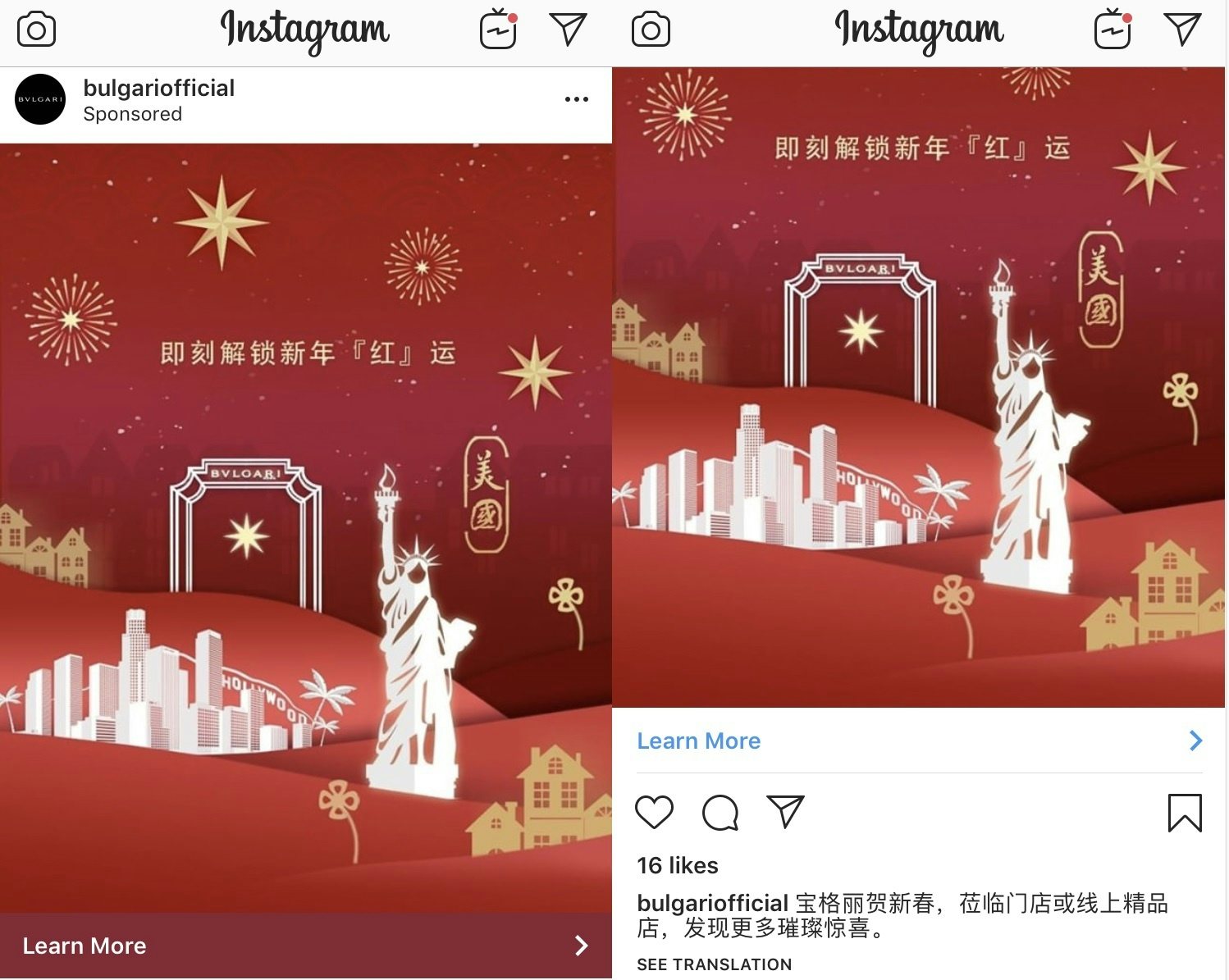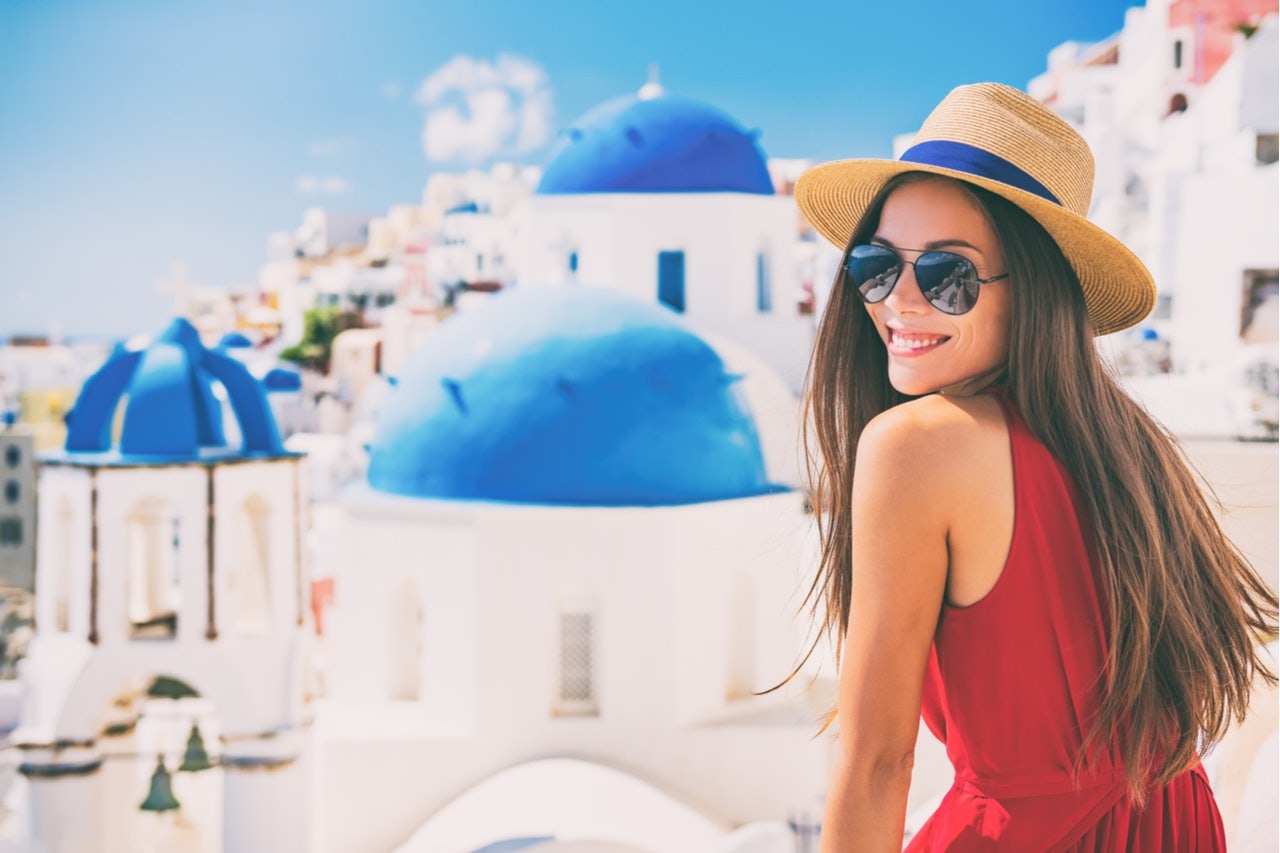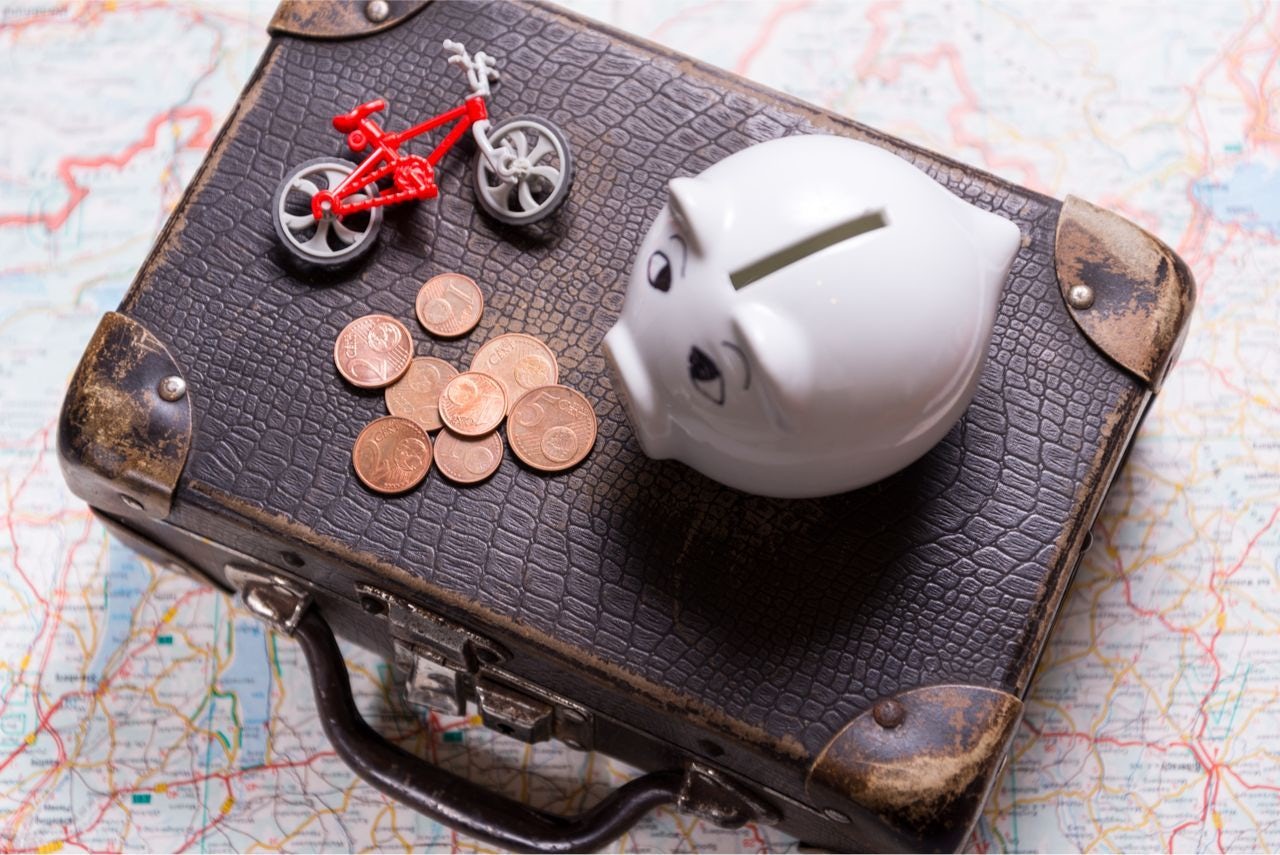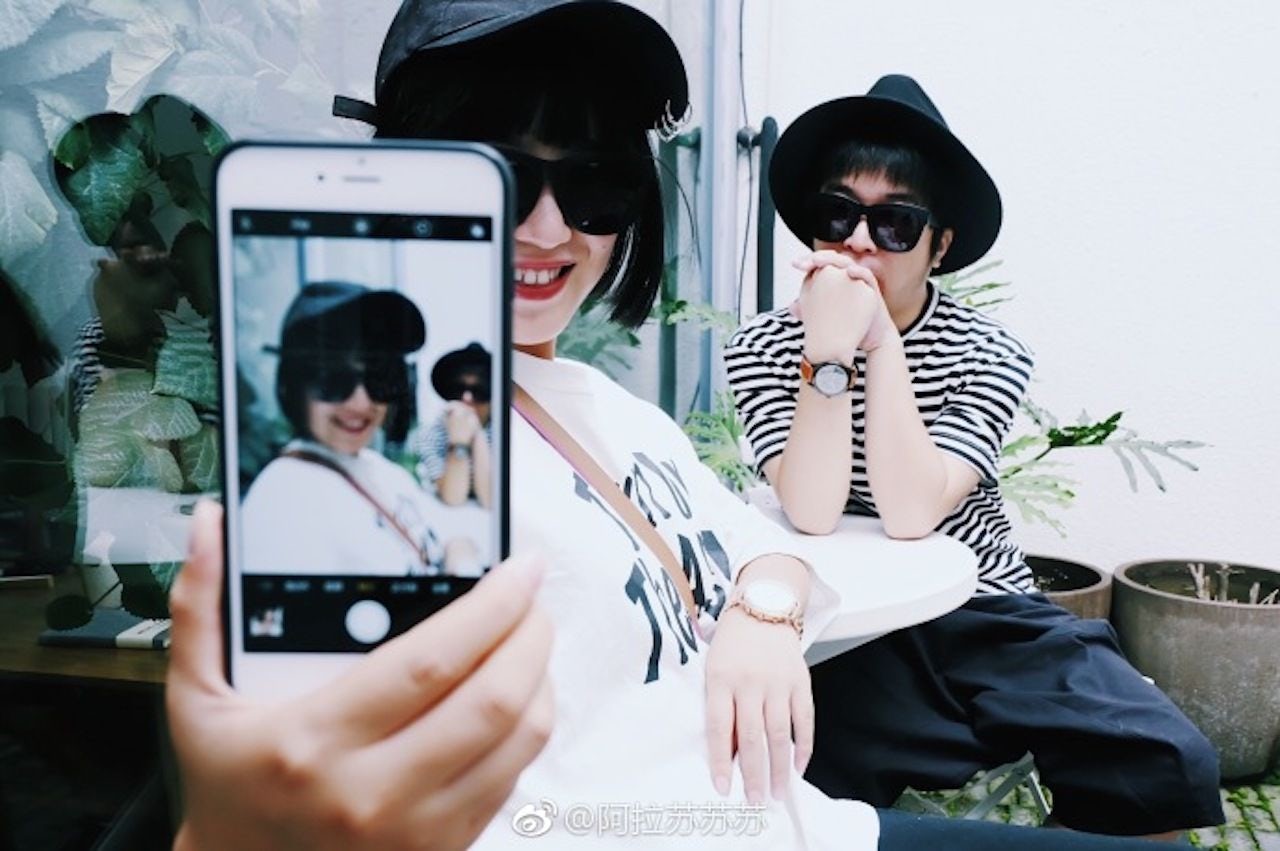The massive spending power of outbound Chinese tourists that is due to unleash this Chinese Lunar New Year season spells a billion-dollar opportunity for luxury brands.
As estimated by Ctrip.com International, China’s largest online travel agency, approximately 7 million Chinese nationals are expected to go abroad during the seven-day Lunar New Year national holiday beginning today. This group of travelers, whom Ctrip forecast would head to more than 900 destinations in 96 countries, are likely to break its spending record at 70.2 billion last year, the agency said.
Creating meaningful interactions with outbound travelers that can ultimately lead to sales goes far beyond tricks such as making (sometimes ill-designed) Chinese special editions -- which is what most luxury brands have been enthusiastic about in recent years. It instead requires precise targeting strategies before, during and after consumers’ journeys, which is all about showing up at the right spots, on the right platforms, and at the right time without making customers feel their private travel is interrupted.
Below, we identified four selling strategies adopted by luxury brands from Gucci to Bvlgari to Pernod Ricard during this year’s Lunar New Year to reach out to outbound Chinese travelers:
Going major at duty-free points of sales (in-airport and downtown)#
As the first physical touchpoint on consumers’ trips abroad, international airports have become a natural option for many luxury brands to advertise their special offerings in celebration of the Lunar New Year. Luxury brands like Christian Dior and Hennessy chose to place visual digital ads at airports in hope of increasing brand awareness and educating consumers.
Certainly, brands won’t miss out at downtown travel retail complex. For example, Giorgio Armani’s beauty line launched a pop-up store, for the first time ever, at T Galleria by DFS and a few other downtown travel retail spots in Hong Kong to market the brand’s signature products. Estee Lauder-owned skincare brand Clinique unveiled a special travel set co-designed by its Chinese brand ambassador Jin Boran at Haitang Bay store in Sanya.

Marketing on Western social-media apps like Instagram#
It may sound odd to link Instagram to Chinese social-media users, as the Facebook-owned app is currently banned for use by the Chinese government on the mainland. However, brands need to remember before Instagram was blocked in China in 2015, a lot of well-educated and well-traveled Chinese users had already opened accounts on the platform and have shown interest in developing their feeds given there is no alternative in China. Therefore, when they are free from the firewall restraint, these hibernated users will come alive.
This year, brands like Gucci and Bvlgari were placing targeted ads on Instagram for Chinese users. Both brands boosted their Chinese New Year campaign posts to make them appear on identified users from China. These sponsored posts won’t appear on brands’ main Instagram feeds though. Of particular note here, Gucci and Bvlgari wrote its sponsored post all in Mandarin, making it more obvious that they are betting on viewership coming from Mandarin-speakers.
Working with overseas travel agents or influencers#
While luxury brands’ overseas teams do not deal with Chinese consumers on a daily basis, many of them are wise enough to let pros such as Chinese travel agents, companies and influencers help.
As a part of celebrating 2019 Chinese New Year, Value Retail’s Bicester Village, an outlet mall adjacent to the city of London, invited Chinese influencer Susie Bubble to curate a pop-up boutique showcasing the work of ten emerging Chinese designers. Luxury liquor brand Pernod Ricard, on the other hand, collaborated with New York-based travel agency Haute Global Media to throw a grand event last week for Chinese consumers in New York. All guests participating in the event had the chance to purchase products including, G.H. Mumm offerings, under Pernod Ricard Group.
Collaborating with Chinese-faced overseas e-commerce sites like Dealmoon#
This year, a large number of international luxury brands have started to utilize the influence of Chinese-facing overseas e-commerce platforms such as Dealmoon to connect to traveling consumers.
According to Dealmoon’s press release, Year of the Pig Limited Edition products listed on its platform include brands such as Prada, Gucci, Nina Hauzer, Superdry, S'well, Monica Vinader, as well as Chloë. The e-commerce site also collaborated with a great number of brands to offer exclusive discounts and coupons to Chinese buyers on their site. Estée Lauder, for example, revealed a special coupon only for Dealmoon users to collect a free gift at any of its stores at airports.


